The Pile On
The tech industry must be having a hard time finding content these days. Walt Mossberg, one of the most well known tech writers in the business, is now on the "Siri is dumb" bandwagon. I wrote an article addressing the exact same issue when it was in the news a few months ago. In this respect, Mossberg is far behind the other tech writers out there. To paraphrase Mossberg, he didn't become great (or at least somewhat popular) by just following discussions that were popular four months ago.
That being said, I don't disagree with the shortfalls that were found in Siri when comparing it to Google Voice. There are differences and Apple needs to work on this area of its ecosystem. However, I think the tech writers in the world think this area is more important right now than it really is.
Here is the article in question:
http://www.theverge.com/2016/10/12/13251068/walt-mossberg-apple-siri-is-dumb
The Spear?
I don't agree that this the "point of the spear" in the "coming tech war". I do agree that it is an important feature for any ecosystem, but it is simply "a feature" in a huge list of other features. For example, Apple makes the Mac and it has recently added Siri to the new OS. However, Macs have numerous other features like running Final Cut Pro, being able to Bootcamp other operating systems, running Mac specific apps, etc.. Having Siri is a nice new feature, but it isn't going to be the point of any spear in the current environment. I guess we can look at Apple's quarterly results after they introduce their next batch of Macs later this month, but my guess is that people will not only buy them in spite of Siri, but also use Siri as one of the many reasons to buy them.
The iPhone also has this "dumb" version of Siri. Somehow, they are still selling more iPhones than they can make. While I do realize that he said "upcoming" tech war, but we don't know what the future holds with Siri. Apple keeps a lot of what they are doing out of sight, so what is happening today may have little relevance in the future.
The Echo
I have an Echo, and a second one out for delivery right now, so I definitely like the "always-listening" aspects of the device. However, since 2014, the Echo has reportedly sold a total of 3 million units according to an article from April. They will probably sell more with the new $50 price tag, but I don't see it setting the world on fire.
The Apple Watch has advantages over the Echo in many ways because it is always on you. Also, while Amazon has sold 3 million Echos in two years, Apple averages around 3 million Apple Watches sold each quarter at much higher price points and margins. In fact, WSJ says it is a 6 billion dollar business in its first year.
So why does Apple sell so many more Apple Watches when tech writers have been praising the Echo for two years? The answer is obvious. Apple has products people want to buy and voice assistants are nice to have for things like turning on lights and sending messages, but people want something that is always on them. The iPhone and the Apple Watch fit that need and the Echo does not. Amazon tried to get into the smartphone market and it failed to get any traction. That will continue to be thing thing that continues to hamper them in the so-called "coming tech war".
As a side note, I love my Echo, but I don't even see it as competition to Siri right now. The way I use it, it is more of a compliment to Siri at this point.
Personally, I am not even sure what "coming tech war" means. The current comparison of Siri against other assistants really has no relevance to what Apple has planned for next year and beyond. Mark Gurman has already reported that Apple is working on a stand-alone device similar to the Echo, so it isn't like Apple has thrown in the towel. Also, while Mossberg claims that Siri is stagnant, many are reporting that Siri has gotten a lot better with IOS 10:
"Siri is a lot more useful in iOS 10, MacOS Sierra and the Apple TV's latest update."
https://www.cnet.com/how-to/11-new-ways-you-will-be-able-to-use-siri-this-fall/
"After getting an early look at a more capable Siri, it’s clear that this long-overdue feature is important to making Siri more useful in everyday life"
http://www.wsj.com/articles/siri-takes-charge-of-your-apps-in-ios-10-1472590842
Lessons learned from the HD DVD vs Blu-ray War
That being said, I bought a PS3 the minute I could find one in December 2006. Why? It provided the most comprehensive package ( including backward compatibility) and BD came along for the ride. Also, I was arguing on forums at the time that the PS3 would eventually bury HD DVD. When Microsoft didn't include an HD DVD player in their Xbox system, rather than a clunky add-on, the war was all but over.
What does this have to do with Siri? Apple is about making great devices, in a strong ecosystem, and Siri is just another feature along for the ride. It isn't about one stand out feature, it is about providing a full package of features and catering to what clients want. Also, we are at the very beginning of this voice assistant technology and counting out Apple at this point is like counting out BD in May 2006.
The funny thing is that some analysts were speculating that Apple should get in the format war even then. However, Apple was looking at the long game. They thought digital files were the future and released the Apple TV in September 2006. Rather than an optical disc, it contained a hard drive for syncing digital content. Instead of relying on physical discs, Apple was already looking toward the future.
Search Engine
Look, if you want to use Siri as a search engine, it will most likely continue to fall a bit short compared to Google, which has the best search engine on earth. Personally, I think these kind of searches are nice to have, but are they really something that will contribute to future buying decisions?
In other words, if you had the option to continue buying iPhones that have all your current apps, a growing ecosystem among devices (Macs, iPhones, iPads) that work together, and some useful Siri capabilities versus changing systems, giving up all your iOS/Mac-only apps or re-buying new apps on another platform that has better voice search capabilities, which one will most people choose? I am not talking about tech nerds, what will your average Joe/Jill do? I think we know the answer because Google Voice is already better at a lot of things, if Mossberg is to be believed, and Apple is still selling lots and lots of stuff.
Ummmm...Siri can do a lot already
In other words, I think there will be a point where this tech can be too intrusive for a lot of people and I believe that Apple has the taste to find that sweet spot. I think other companies will go far beyond that comfortable spot for a lot of people, but the tech community will still talk about how wonderful it is that "their phone" knows their bathroom habits.
While we are on the subject of Siri's capabilities, it is fantastic for music when combined with Apple Music. Because Apple is selling a watch that is on you all the time, you can easily control music from your wrist while your phone is docked and sending an Airplay signal to your Apple TV (or other device). The fact that Mossberg left this out of his article should tell you that he mainly concentrated on what Siri could not do, rather than what it does very well.
AI Wars?
However, I think some of this is simply the "reality distortion field" that Steve Jobs created. Just go back to the iPod and you could have written an article that it was just another mp3 player, but this one only worked with firewire. You could go back the original iPhone and ask "where are the apps". In other words, it is all about perspective. I should mention that I own a second gen iPod, but I did not get on the iPhone train until the 3gs because it was missing too many features that I had on my Treo at launch. In other words, if I was writing blogs back then, I could have talked about how far behind Apple was in these specific areas. Heck, the 2nd Gen iPod required me to add a new firewire card to my PC and I had to find a third party program to interact with it because iTunes was not even available on the PC at that time. The Rio Karma would have been plug N play. However, the iPod was simply a better product to handle and use, so the numerous upsides outweighed some of the shortfalls (which is my main point of this article).
The reason tech writers/bloggers see this area as the all-important area of the business is that the mobile device market is mature. At this point, we are getting better devices, but nothing awe inspiring like the design of the original iPhone. The fact is that AI is in its neonate stage of development. However, that is why I think it is impossible to look at what we have available now and try to determine how things will eventually play out.
The Elephant in the Room - Privacy
That being said, they haven't simply given up on providing information based on data. Apple is using something called "differential privacy" in some areas. It allows them to use your data in an anonymous form. From a separate Recode article:
"As for what data is being collected, Apple says that differential privacy will initially be limited to four specific use cases: New words that users add to their local dictionaries, emojis typed by the user (so that Apple can suggest emoji replacements), deep links used inside apps (provided they are marked for public indexing) and lookup hints within notes."
Outside of differential privacy, Apple also "relies on indexing data locally on the device without ever being shared across the internet."
https://9to5mac.com/2016/06/24/apple-differential-privacy-opt-in/
Does that mean there will be some AI trade offs for keeping your information private and will that trade off be worth it? Look, I don't want to reference the book 1984, but if your information is being scanned and duplicated in the cloud, it could be accessed by criminals, hackers, and the government via subpoena.
I know that in the current environment, people are sharing a lot of their personal details with Facebook and Twitter anyway. However, I think Apple is thinking about the long game and have reason to believe that a lot of people want privacy now or may want it at some point in the future. If that happens, then they will be the only company in the game because they are developing their models now and will continue to make them better in the future. For many, that small sacrifice in the short run may be worth it to have more of their lives kept private for now and in the future.
The Wrap Up
Personally, I am not so interested in this technology that I want to hand over the keys of my life to the big computer in the sky. I respect Apple's stand on privacy and I am happy that at least one company has prioritized it. I also don't think I will ever leave Apple products because of how it handles AI. I am not that complicated that I need it monitoring my every move and making suggestions on a minute-to-minute basis.
Does that mean I will never leave Apple devices? No, it is a simple Cost/Benefit analysis that I do before I buy anything. I list the pros and cons and decide whether the headache of moving to another ecosystem is worth the headache for the pros on the other side of the street. Right now, Apple is still ahead of everyone in areas that mean something in my daily life and some of that is simply based on the ecosystem which I am heavily invested. That makes the upcoming "tech war" already slanted toward Apple in my world, but who knows what will be compelling for future generations? No idea, but maybe they will care about privacy by then, and if that happens, Apple will be the only player in the game. If it doesn't happen, Apple should still have very compelling devices just based on the amount of money they have to throw at any problem.
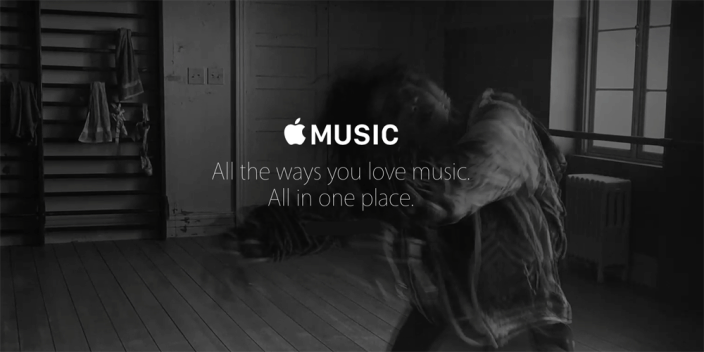

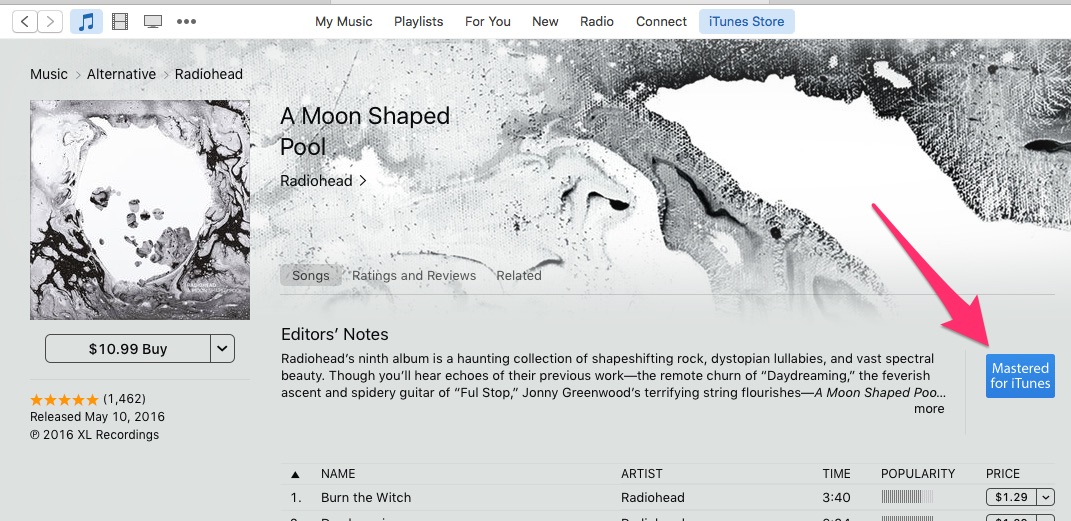
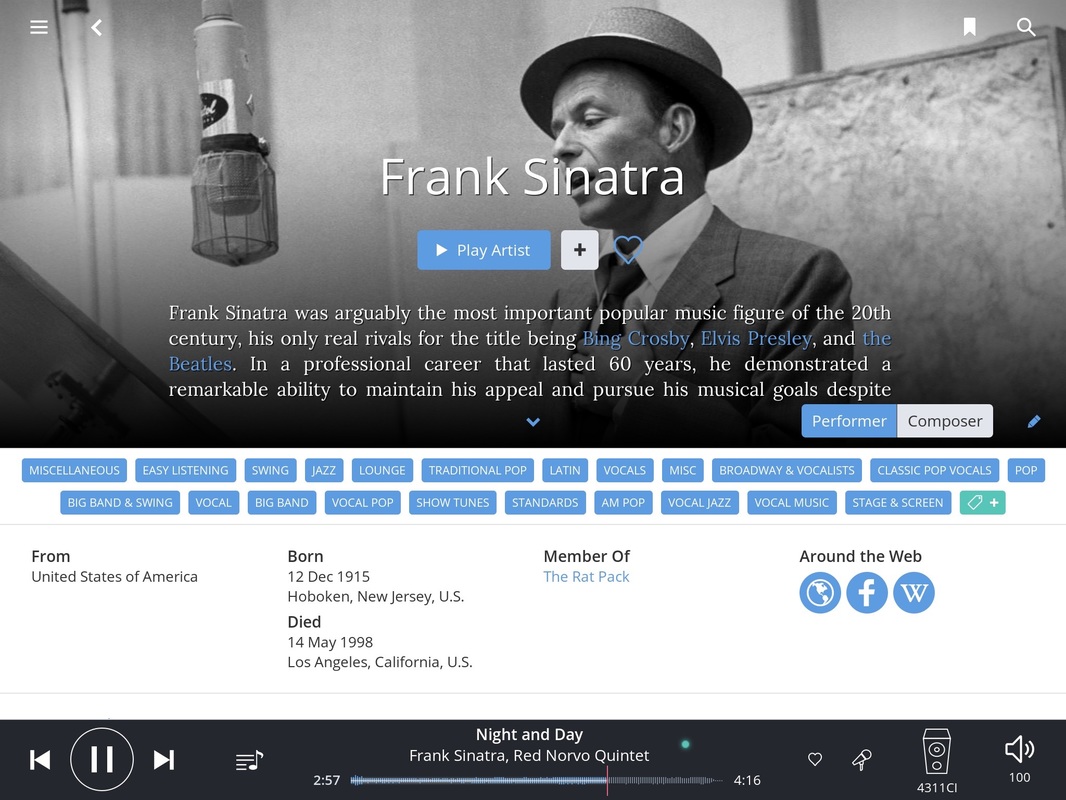
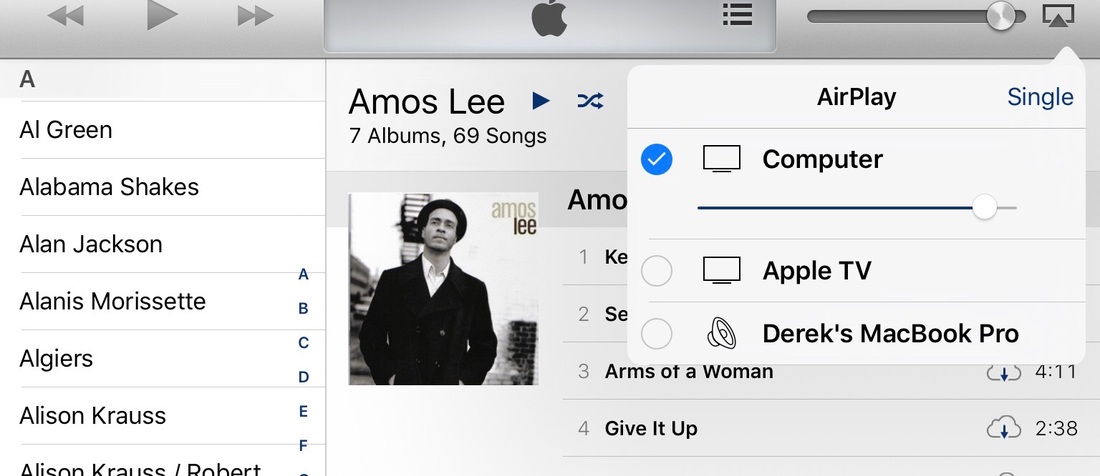
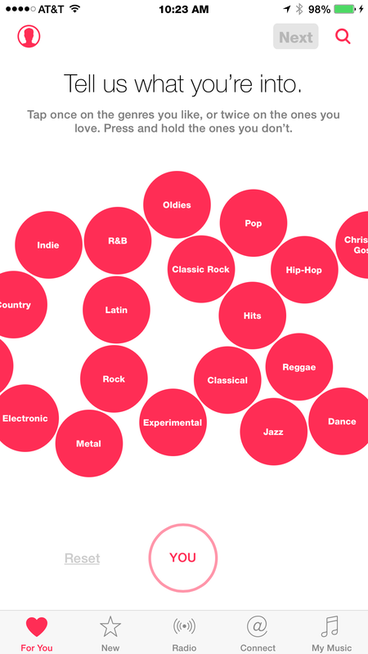
 RSS Feed
RSS Feed